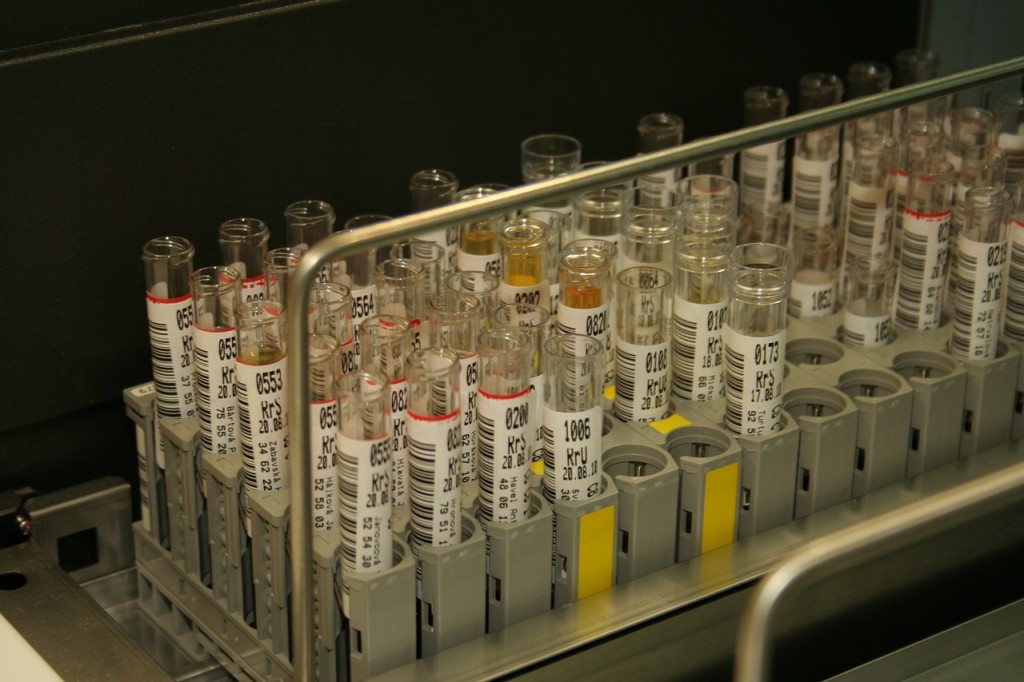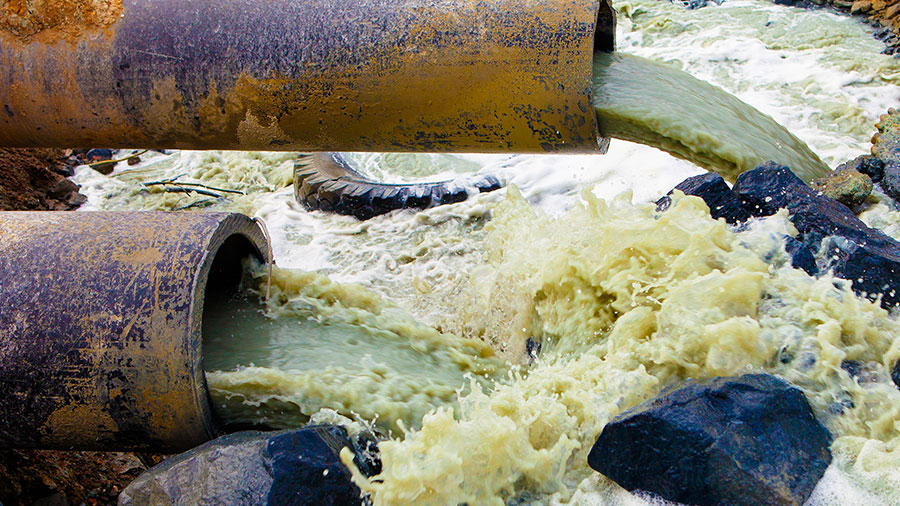Professional Liquid Waste Removal Melbourne: Fast and Budget Friendly Providers
Professional Liquid Waste Removal Melbourne: Fast and Budget Friendly Providers
Blog Article
Comprehending the Comprehensive Process of Liquid Waste Disposal: Ideal Practices and Environmental Impact Considerations
The management of liquid garbage disposal is a diverse problem that requires a thorough understanding of various best techniques and their associated ecological influences. From the types of fluid waste produced to the techniques utilized for collection, treatment, and last disposal, each action plays a crucial role in protecting ecosystems and public health. As regulative criteria evolve and modern technology advancements, the discussion around these procedures becomes increasingly pertinent. What effects do these adjustments hold for future sustainability efforts, and exactly how can stakeholders ensure that they are sufficiently addressed?
Kinds of Fluid Waste
Recognizing the numerous sorts of liquid waste is vital for efficient administration and disposal techniques. Fluid waste can be broadly classified into a number of kinds, each requiring one-of-a-kind handling and treatment techniques.
Industrial fluid waste usually has hazardous materials, consisting of heavy steels, solvents, and chemicals, produced throughout producing procedures. These wastes necessitate rigorous governing conformity to shield human health and wellness and the environment. Residential liquid waste mainly describes wastewater generated from households, including sewer and greywater, which, although less poisonous, can still pose significant risks if poorly taken care of.
Agricultural liquid waste, including runoff from ranches, commonly includes plant foods and pesticides that can lead to ecological destruction otherwise dealt with effectively. Medical liquid waste, generated from healthcare facilities, consists of infected fluids such as physical liquids and chemicals, requiring specialized disposal techniques to stop infection and environmental contamination.
Last but not least, oil and grease waste, commonly created by restaurants and auto sectors, can trigger extreme blockages in sewage system systems if not handled effectively. Recognizing these groups helps with targeted approaches for therapy, conformity with policies, and efficient disposal techniques, eventually promoting ecological sustainability and public health and wellness safety.

Collection Methods
Efficient collection methods are crucial for the correct monitoring of fluid waste, guaranteeing that it is gathered securely and efficiently before treatment or disposal. Various strategies are used relying on the kind of liquid waste produced, the volume, and the particular attributes of the waste.
One common technique is the usage of dedicated collection storage tanks or sumps, which are developed to capture fluid waste at the resource. These systems usually incorporate pumps that assist in the transfer of waste to bigger storage space containers or treatment centers. Additionally, mobile collection units equipped with vacuum cleaner innovation are employed in situations where waste is produced periodically or in hard-to-reach areas.
For industrial setups, closed-loop systems can properly decrease leaks and spills, enabling for the recovery and reuse of liquid waste. It is likewise important to train personnel on proper collection methods to alleviate dangers connected with harmful materials.
Additionally, implementing routine upkeep schedules for collection tools makes certain optimal performance and safety and security. The assimilation of innovative surveillance systems can improve collection effectiveness by supplying real-time data on waste levels and possible dangers. On the whole, effective collection techniques are fundamental to lasting fluid waste management practices.
Treatment Procedures
Therapy procedures play an important role in the administration of liquid waste, transforming possibly harmful materials into multiple-use resources or risk-free effluents - liquid waste disposal. These procedures can be generally classified right into physical, chemical, and organic techniques, each tailored to deal with certain pollutants present in the waste stream
Physical treatment methods, such as sedimentation and filtration, job by eliminating suspended solids and particle matter. These techniques are usually the initial step in the treatment chain, efficiently minimizing the load on succeeding processes. Chemical therapies entail making use of reagents to neutralize hazardous materials, speed up heavy steels, or oxidize natural pollutants, thus boosting the security of the effluent.
Biological treatment procedures, including activated sludge systems and anaerobic digestion, utilize on the natural abilities of microorganisms to deteriorate organic issue. These approaches are especially efficient for wastewater containing biodegradable contaminants. Advanced therapy technologies, such as membrane purification and progressed oxidation processes, are significantly employed to accomplish greater degrees of purification.
Incorporating a mix of these treatment approaches not only guarantees conformity with regulatory standards but likewise advertises environmental sustainability by recouping beneficial sources from liquid waste.
Disposal Options
Exactly how can organizations guarantee the accountable and risk-free disposal of liquid waste? Reliable disposal choices are vital for safeguarding public wellness and the setting. The primary methods include land therapy, incineration, and disposal adhered to by discharge into local wastewater systems.
Land disposal involves the mindful control of liquid waste in marked land fills, ensuring that it does not leach into bordering soil or water. Incineration, on the other hand, topics liquid waste to high temperatures, converting it into ash and gases, which require correct purification to decrease read here exhausts. This approach is ideal for harmful wastes that can not be treated with conventional ways.
In instances where fluid waste can be treated, organizations may choose chemical or biological treatment procedures to neutralize dangerous elements prior to discharging the dealt with effluent right into local systems. This path usually lines up with governing needs, making certain that the effluent fulfills safety and security criteria.
Inevitably, companies have to conduct extensive evaluations of each disposal alternative to determine its practicality, taking into consideration elements such as waste structure, regulative compliance, and potential threats to wellness and the environment. By choosing proper disposal techniques, organizations can add to a responsible waste management strategy.
Ecological Influence
The environmental effect of fluid waste disposal is a vital consideration for companies seeking to minimize their ecological impact. Furthermore, the discharge of without treatment or inadequately dealt with waste into surface area waters can result in eutrophication, leading to oxygen exhaustion and the succeeding fatality of fish and other microorganisms.

To reduce these effects, companies need to take on ideal practices such as executing extensive waste therapy processes, advertising recycling and reuse, and adhering to regulative criteria. By taking an aggressive method to fluid waste monitoring, entities can significantly decrease their environmental impact while sustaining sustainable development goals. Inevitably, a comprehensive understanding of the environmental effects connected with liquid garbage disposal is important for notified decision-making and accountable stewardship of all-natural resources.
Final Thought
Efficient administration of fluid waste is essential for guarding ecological honesty and public health and wellness. Inevitably, a detailed understanding of liquid waste disposal not only alleviates environmental effects yet likewise fosters a commitment to responsible resource management and ecological stewardship.
The administration of fluid waste disposal is a diverse issue that needs a thorough understanding of various best techniques and their connected ecological effects. From the types of liquid waste created to the approaches utilized for collection, therapy, and last disposal, each step plays a crucial function in safeguarding ecological communities and public health and wellness.The environmental impact of fluid waste disposal is an important consideration for companies seeking to lessen their environmental impact. Inevitably, a comprehensive understanding of the ecological influences connected with liquid waste disposal is necessary for notified decision-making and liable stewardship of natural sources.
Inevitably, a detailed understanding of liquid waste disposal not just alleviates ecological influences however also their website cultivates a commitment to responsible source administration and environmental stewardship.
Report this page